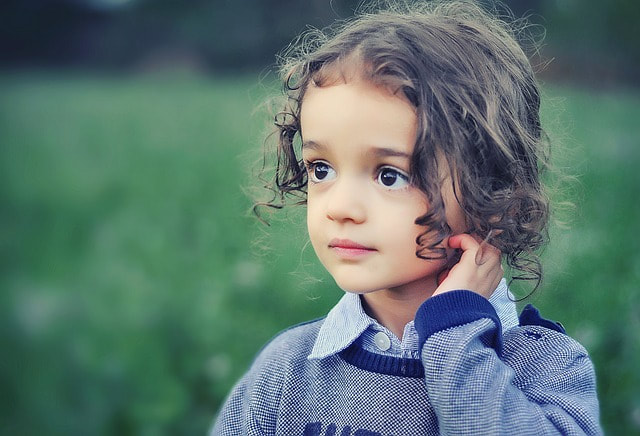|
Many people will start counselling with the notion that it's going to involve delving into, and churning up, the past. I would say, that's completely up to you! In contrast with some other psychotherapy models, person-centred counselling tends to focus on the here and now. There is no pressure at all to talk about childhood and the past unless you want to.
That said, reflecting on how our past experiences have shaped who we are today can be really helpful when trying to understand ourselves more fully and address patterns of behaviour. Therefore, you may find that exploring the past brings a deeper level of insight and maybe even healing. Before presenting some ideas about the impact of early experiences, it is really important to say that this is not about blame. You might feel you had a great childhood and that you have a good relationship with your caregivers. So maybe focusing on any negative aspects feels disloyal? Perhaps you worry your counsellor would judge your parents? The truth is that no parent can fully shield their child against all their own insecurities, fears, trauma and pain. Children will also be exposed to the values, beliefs and ideals of their caregivers. Counselling brings an AWARENESS of all this, allowing the client firstly to own it, and then decide what to do with it. For instance, are there some old beliefs that need discarding, or re-framing? There is a great deal of theory around how early childhood experiences impact people later on in life. I am going to talk about just a few key ideas here. 1) Conditions of worth: these are the ideals that children must live up to in order to receive love, acceptance and approval from significant others. Explicit or implicit messages about these values are internalised by the child and they become part of their own belief system. An example of a common condition of worth in our society is that one must be academically successful. 2) Attachment theory: this posits that the way a primary caregiver interacts with their baby in the early stages of infancy determines the baby's attachment style for life. Attachments can be secure or insecure depending on how emotionally available a caregiver is when their child is distressed or in danger. This theory, developed by Bowlby (1969), is based on extensive research and has many implications for how an individual navigates different kinds of relationships throughout their life. 3) Inner child: this term refers to the childlike part of our unconscious mind which reflects the child we once were, containing aspects such as suppressed emotions, unmet needs, joy and creativity. This part of ourselves often comes to the fore when we are around certain people, or if faced with some difficulty. The wounded child is often at the root of the adult's issues. As a person-centred counsellor, I often draw on these key ideas (even though some are borrowed from different therapy traditions) to help a client in the here and now. For instance, if a client says something like "People will think I'm weak if I show my emotions", I might ask, "Where have you heard that?" or "I wonder where that idea comes from". If they share that they are having trouble in a relationship, for instance they feel distant and aloof, I might ask if they have felt like that in other kinds of relationships. Clients often find that once they begin their counselling journey, memories start to surface. If you find that your memories of childhood are minimal or hazy, don't try to force them. They will come if and when they are needed, if you come to the process with openness, patience and trust in yourself.
0 Comments
Leave a Reply. |
AuthorLaura Green Archives
May 2024
Categories |


 RSS Feed
RSS Feed